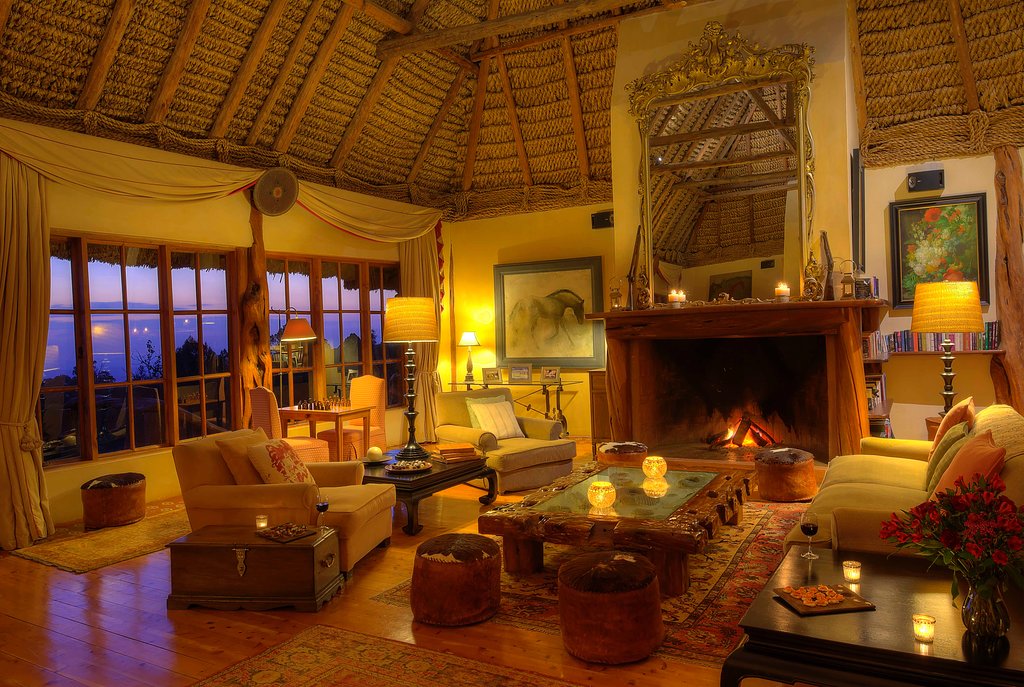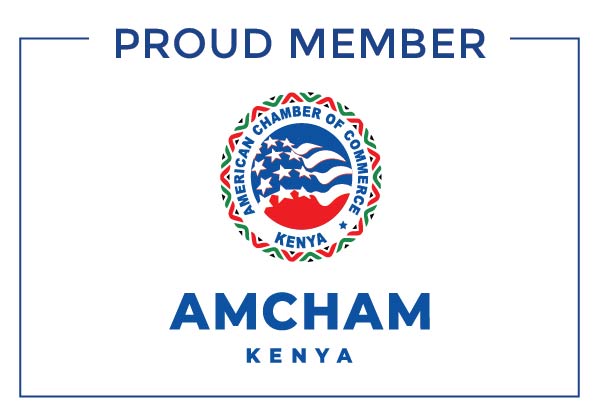|
Thanks to the covid-19 pandemic, the 12th of March 2020 is a date that the tourism industry in Kenya will never forget. This is the date when Kenya’s Cabinet Secretary of health, duly informed the Kenyan public of the very first case of covid-19. This announcement dealt the tourism industry a fatal blow! Overnight, worldwide commercial travel simply vanished and a lockdown on movement was imposed on all of us. For 4 months thereafter, and with little to no sales in our coffers, we waited in dread as email after email notification from numerous hotel partners flooded our inboxes, letting us know of shutdowns, of scheduled flights cancelled, and of aircrafts halted in a scary display of unused expensive machinery, grounded with no real forecast of when the planes would fly again. Then came July, when the lockdown of our county borders was lifted, and the industry began to gradually reopen. With industry players trying to innovate and adapt to the new normal, we quickly realized that there would be big winners and big losers in the industry. Here are those who have done well and those who have lost the covid battle against one of the worst health crises, the world has ever seen. Winner – Domestic travelers Despite Kenya opening up her borders to international travelers, the inflow of international tourists has been low. The pricing of hotels and flight offerings has therefore shifted in favor of the domestic traveler with very affordable pricing. In this festive season for example, the popular hotels at the Kenyan coast are fully booked and you would be hard pressed to find airline tickets to Malindi. The SGR train tickets to Mombasa are sold out as well. If you are an avid traveler, focused on finding the best travel and holiday bargains, this is the time to do so, especially if you have always wanted to experience the more luxurious hotels whose room prices have been reduced drastically to attract your wallet. The domestic traveler continues to win while experiencing extra efforts on cleanliness and sanitization in areas that were previously neglected. Winner – On the ground Tour Safaris We are back on the road and in the open! It was not surprising to learn that many Kenyans have never had the opportunity to witness one of the 7 new wonders of the world, the Wildebeest migration, or even experienced a game drive safari. The months of July, August and September of 2020 was therefore a sort of renaissance for many Kenyans who took up many of the offerings from tour companies with passionate enthusiasm. Several lodges and camps continue to charge unprecedent low prices for their accommodation and they were filled to capacity. In the Laikipia and the Tsavo, we witnessed the same trend. And now that air travel has become the best conduit for the virus, the Safari land cruisers with their large, open and therefore airy openings, are a safe bet for families who are hiring them for their exclusive use on Safaris. Winner – Beach & Holiday Homes or Villas Before the corona virus pandemic, holiday homes were largely unpopular mainly due to their lack of the usual amenities that are found in hotels such as conference facilities, restaurants, huge pools, children play areas, kids clubs, spas and gyms. Pricing on holiday homes has therefore remained fairly low especially on self-catering basis. Enter the covid-19 pandemic and suddenly, the opportunity to have real privacy, promised cleanliness in exclusivity and, an intimate private chef service in luxury is what has now become most attractive for the sensitive client. Holiday homes were the most requested type of accommodation in this festive season and most of the good ones are now fully booked until the 3rd of January 2021. Winner – Boutique Hotels While having the flexibility to make quick decisions on their offerings is a great advantage, boutique hotels have traditionally been known for their excellent and personalized service to a privileged few clientele. With their beautifully designed interiors that are well-spaced and provide very private & exclusive accommodation, social distancing is not a problem here. Boutique hotels have therefore curved for themselves a competitive advantage of an environment that is considered relatively covid-free. Because of this unique offering, boutique hotels have remained open, catering to their mainly high-end clientele who have sort these accommodations for work, stay-cations and to isolate away from the Covid-19 virus. And in line with government health restrictions, boutique hotels have quickly put in place the corona virus safety measures required to keep their clientele safe. Winner – Smaller Airlines If there ever was a time when flying private was beneficial, then the covid-19 pandemic has made it very clear that this is indeed the best time to fly private. Flying private has several covid-related advantages. Once you have chartered the aircraft, you get to choose who will be flying in it with you. And secondly, you can avoid crowded airports and having to interact with crowds as you choose the specific convenient dates and times of your travel. The smaller airlines therefore had the opportunity to contract their light aircraft for essential travel to medical personnel, and for private charter flights to high-net-worth individuals and companies who still need to travel internationally for business while keeping relatively safe from the virus, during the flight. With the reopening of borders, the smaller airlines are flying locally and are operating full flights during this festive period. Losers – Big airlines With commercial and international travel remaining at a standstill, the bigger airlines have had no choice but to drastically reduce their scheduled flights. We know that business travel contributes a huge chunk to their revenues thus their bottom line has been drastically and negatively affected. Even with health restrictions for passengers in place, and our Kenyan borders open, a comeback to international flying is still very low and experts are predicting that international air travel will probably get back to normal, at the earliest, in the year 2022. Losers – Large chain hotels Several big chain hotels with hundreds of rooms, have had to close down during this period. Large gatherings in these hotels, with a high turnover of guests are a great breeding ground for the virus. This is the main reason why clients have shunned the big hotels. Earlier, some health experts had expressed the sentiments that big hotels would be the ones to invest in better cleanliness and sanitization processes due to the perception that they have huge amount of money reserved to spend on such an emergency. As it turns out, this did not happen and instead, the hotels made the difficult choice to close down their establishments. Losers – Employees in big travel companies and large hotel chains Travel agencies in Kenya are a dime a dozen, many of whom exist solely to cater to the international market. These were the first agencies that needed to restructure their staff inorder to stay afloat. The employees in the hotels that had to close down lost their jobs as well. In total, news reports say that nearly 2,500,000 jobs in the travel industry have been lost. In conclusion, and as evidenced by the bookings from the local tourists, travelling for fun is just about possible now with essential adjustments to the new normal; the strict wearing of masks, social distancing, frequent cleaning of hands and sanitizing our hands at all times. We hope that this upward trend goes on to allow travel to flourish again, and soon. Wanjiru Catherine. The Author is the Founder and CEO of Saffara Ltd This article was published in the East African Newspaper on the week of Saturday the 19th of December, 2020, titled, "2020's wins and losses in the travel world.".....Read it HERE Image Courtesy - Laragai House, Borana
1 Comment
|
AuthorsWanjiru Catherine, CEO Archives
April 2021
Categories |
- Home
- About
- Contact us
-
Choose Citizenship
- VISITORS TO AFRICA >
-
KENYANS & EAST AFRICAN RESIDENTS
>
- COVID requirements for kenyans travelling abroad
- Stay-cations
- Luxury Retreats
- Northern Kenya/Turkana
- Samburu Kenya
- Kenyan Coast
- Masai Mara
- Serengeti
- Tsavo
- Amboseli, Kenya
- Laikipia, Meru, Nyeri & Nanyuki
- Rift Valley Circuit
- Zanzibar
- Mauritius
- Santorini, Greece
- Western Kenya Circuit
- South Africa
- Dubai
- Maldives
- Costa Rica
- Malaysia
- Bangkok
- Abu Dhabi
- Employee Travel Benefit Program
- Client Testimonials >
- Charter Terms & Conditions
- Student Travel Benefit Program


 RSS Feed
RSS Feed
